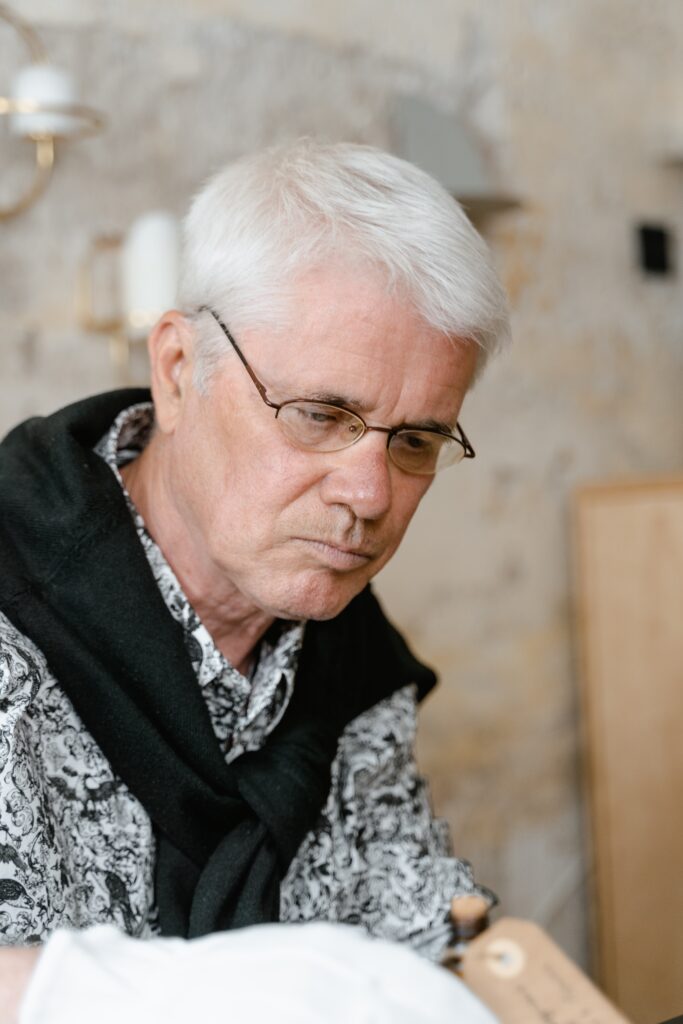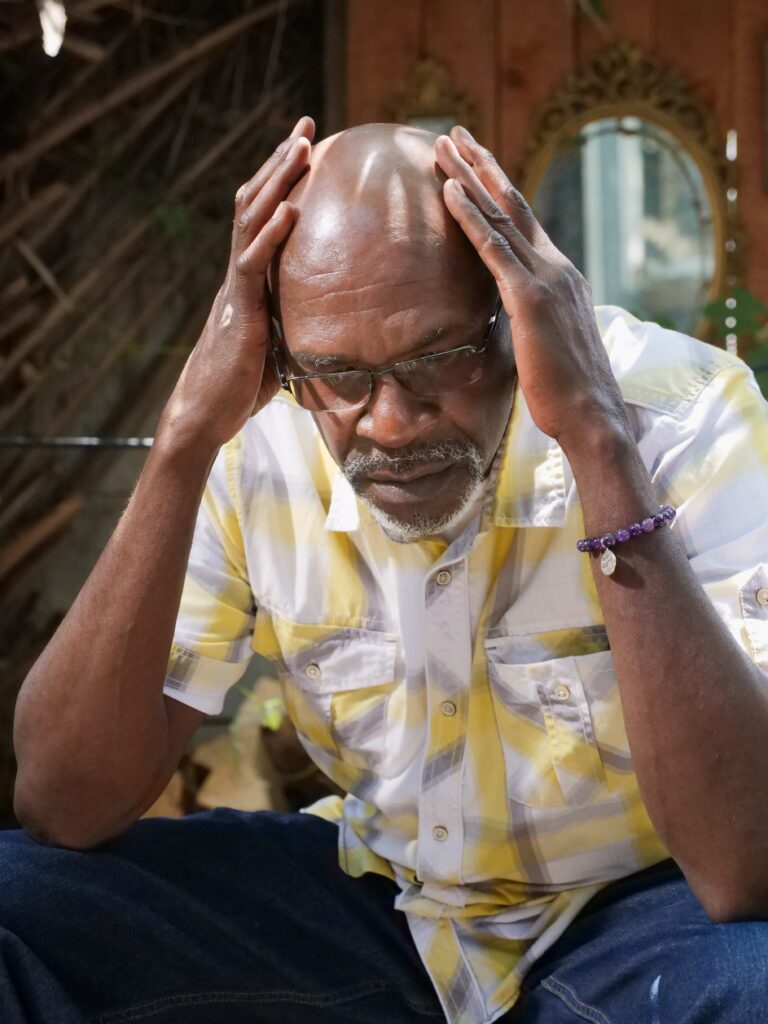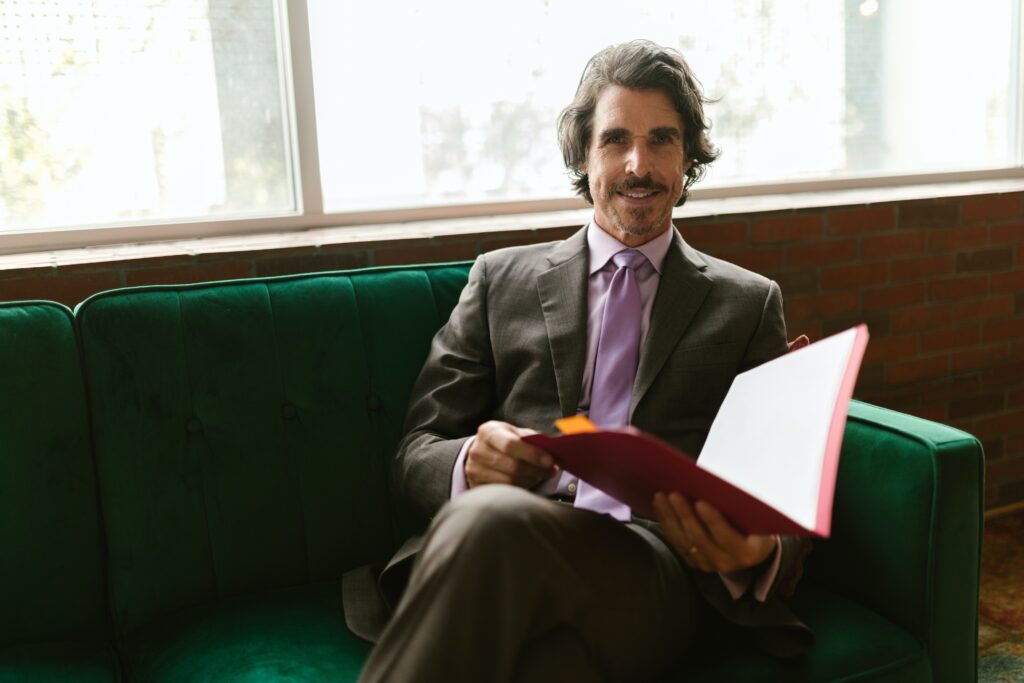
AGING PROBLEMS
As tissues age, cells slow down their metabolic and division rates. This means that tissues take longer to heal and regenerate. In addition, toxic accumulations occur that may have damaging effects on the DNA structure of the cell itself. Conditions of advancing age are degenerative by nature, for example, arthritis, cataracts, diabetes, heart disease, and cancer and nerve degeneration. Free radicals are chemicals that are normally produced by cell metabolism. However, they have potentially dangerous effects on the cells internal structure, since they attack the genes that regulate cell division. Normally the body has an adequate supply of nutrients to neutralize these attacking substances, but if the diet is deficient or extra free radicals are present (from cigarette smoke, pollution and junk food) the natural neutralization process can be swamped and hindered. When this occurs tissue damage and degeneration take place and the diseases of older age become apparent. In the past older people have been advised to take extra iron supplements in order to help keep themselves healthy. Excessive iron intake can have harmful side effects and may actually generate more free radicals. As people get older diets tend to change and intake may exceed need. A lower calorie diet may be beneficial with advance years together with adequate exercise. On the other hand, many older people do not eat enough, so as physician’s advice should be sought.

THE CAUSES OF AGEING
As we age, our bodies change in many ways. Some of these changes are due to the normal ageing process, while others may be the result of lifestyle choices or health conditions.
The ageing process is partly due to a decrease in the production of hormones that are responsible for cell growth and repair. This decrease in hormone production leads to a decrease in the rate at which our cells can divide and regenerate. As a result, the tissues and organs in our bodies become less able to repair themselves, and we become more susceptible to disease and injury.
Lifestyle choices, such as smoking, drinking alcohol, and eating an unhealthy diet, can also contribute to the ageing process. These choices can damage our cells and make them less able to repair themselves. In addition, exposure to environmental toxins, such as UV radiation from the sun, can also cause cell damage and lead to premature ageing.
There are also several health conditions that can contribute to the ageing process. For example, chronic inflammation can cause damage to our cells and lead to the development of wrinkles. In addition, certain diseases, such as diabetes, can also accelerate the ageing process.

THE PREVENTION OF AGEING
The prevention of ageing is a process that can be done through a variety of means. Some people opt for medical means, such as Botox and other forms of cosmetic surgery. Others use more natural means, such as a healthy diet and exercise. Still, others believe that the best way to prevent ageing is to simply accept it and live a full life. No matter what method you choose, the important thing is to take action now to prevent the effects of ageing later on.
THE MANAGEMENT OF AGEING
The management of an ageing workforce presents both challenges and opportunities for organizations. On the one hand, an ageing workforce can lead to increased absenteeism and staff turnover, as well as higher healthcare costs. On the other hand, an ageing workforce can bring with it a wealth of experience and knowledge.
Organizations need to be proactive in managing an ageing workforce. This includes initiatives such as flexible working arrangements, health and wellbeing programmers, and training and development programmers. By taking a proactive approach, organizations can ensure that they maximize the potential of their ageing workforce.

THE IMPACT OF AGEING ON SOCIETY
The ageing population is one of the most significant challenges facing developed countries today. The number of people aged 65 and over is projected to more than double by 2050, and the number of people aged 85 and over is projected to quadruple. This ageing population will have a profound impact on society, both in terms of the demand for services and the supply of labor.
The demand for services is likely to increase as the number of older people grows. The need for health and social care services is expected to increase, as older people are more likely to suffer from chronic health conditions and to need help with activities of daily living. The demand for housing is also likely to increase, as older people are more likely to downsize or move into retirement homes.
The supply of labor is likely to decrease as the number of older people grows. The number of people of working age is projected to decrease as the baby boomer generation reaches retirement age. This will have a significant impact on the economy, as the number of people paying taxes will decrease and the number of people receiving benefits will increase.
The ageing population will also have an impact on society in terms of the way we live our lives. The traditional family unit is likely to change, as the number of people living alone or in single-person households increases. The way we work is also likely to change, as the number of people working from home or on a part-time basis increase.
The ageing population is a challenge that developed countries need to face up to. We need to find ways to provide the services that older people need, while also ensuring that the economy continues to grow.
Aging in men can bring various physical and mental challenges, including:
- Physical decline: Reduced muscle mass, decreased bone density, decreased energy levels, and increased risk of injury.
- Cognitive decline: Slower thinking, memory lapses, and difficulty concentrating.
- Sexual decline: Decreased libido, erectile dysfunction, and decreased sexual performance.
- Mental health concerns: Increased risk of depression, anxiety, and other mental health issues.
- Decreased muscle mass and bone density.
- Decreased testosterone levels.
- Erectile dysfunction
- Prostate problems
- Increased risk of heart disease and stroke
- Cognitive decline and memory loss
- Increased risk of depression and anxiety
- Mental Changes:
- Decreased memory and cognitive function.
- Increased risk of depression and anxiety
- Difficulty adjusting to retirement and lifestyle changes.
- Emotional Changes:
- Increased stress and anxiety
- Decreased self-esteem.
- Difficulty adjusting to changes in physical appearance and functionality.
Solutions to aging problems in men:
- Physical Changes:
- Regular exercise, such as resistance training, to maintain muscle mass and strength.
- Adopting a healthy diet to reduce the risk of chronic diseases.
- Sexual enhancement therapy or medication to address sexual dysfunction.
- Mental Changes:
- Staying active and engaged in social and community activities to maintain cognitive function.
- Seeking mental health treatment if experiencing depression or anxiety
- Pursuing hobbies and interests to maintain a sense of purpose and fulfillment.
- Emotional Changes:
- Engaging in stress-reducing activities such as yoga or meditation
- Seeking counseling or therapy to address emotional changes.
- Seeking support from friends, family, or support groups to build a strong network of support.
aging problems in men can be addressed through a combination of lifestyle changes, therapy, and medication. By staying active, eating well, and maintaining a positive outlook on life, men can maintain their overall well-being as they age.
CONCLUSION
Ageing is a biological process that is characterized by the gradual deterioration of physical and mental function. This process is inevitable and irreversible. Although there are many theories about the causes of ageing, the most widely accepted one is the oxidative stress theory. This theory suggests that ageing is caused by the accumulation of oxidative damage to cells and tissues.
There are many ways to treat ageing. The most common one is the use of antioxidants. Antioxidants are substances that can neutralize the damaging effects of oxidation. They can be found in many food items, such as fruits and vegetables. Another way to treat ageing is to use anti-ageing creams. These creams are made with ingredients that can help to improve the appearance of wrinkles and other signs of ageing.



Your blog is a true hidden gem on the internet. Your thoughtful analysis and engaging writing style set you apart from the crowd. Keep up the excellent work!
Your writing has a way of making even the most complex topics accessible and engaging. I’m constantly impressed by your ability to distill complicated concepts into easy-to-understand language.
Your writing is like a breath of fresh air in the often stale world of online content. Your unique perspective and engaging style set you apart from the crowd. Thank you for sharing your talents with us.
Keep up the fantastic work!